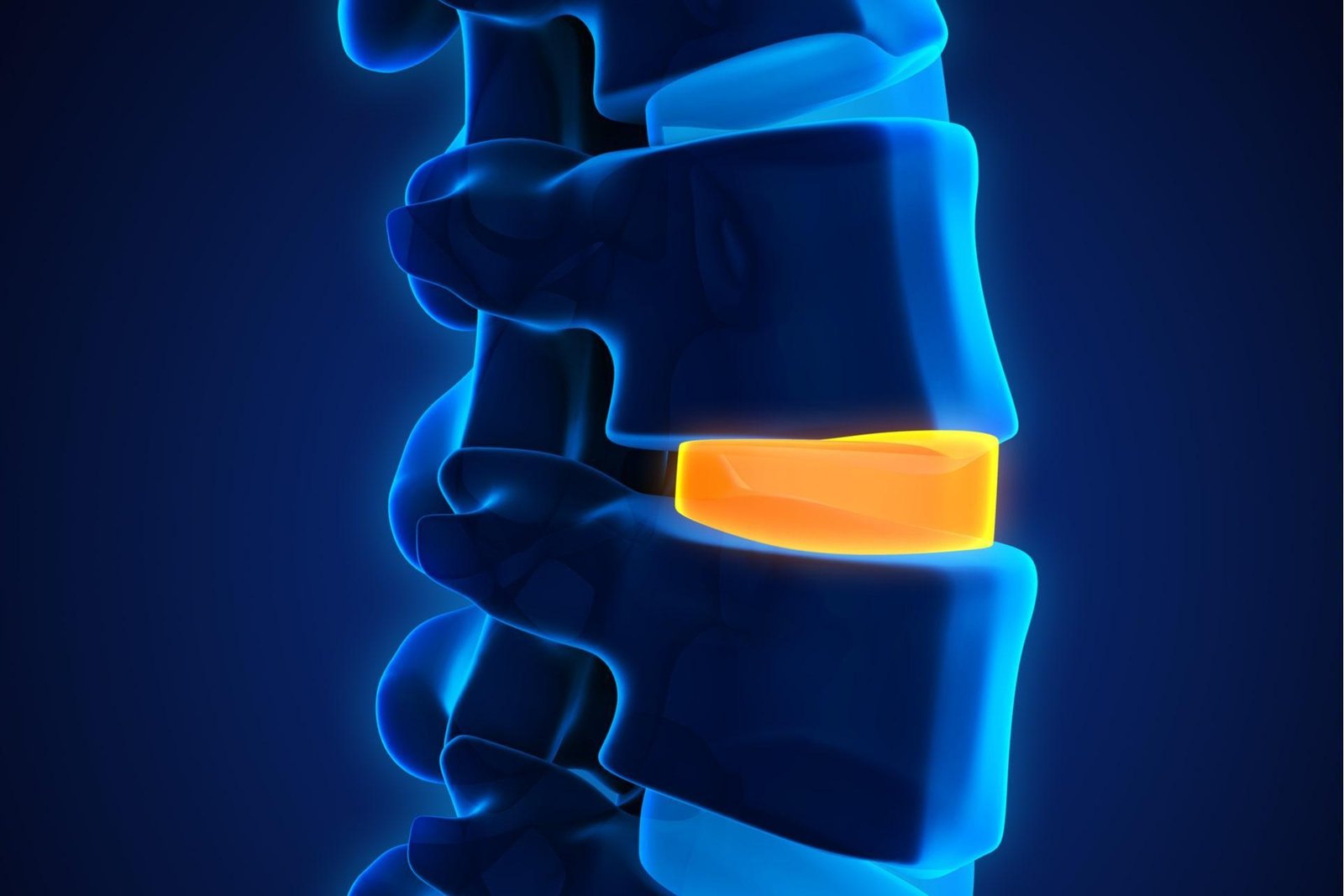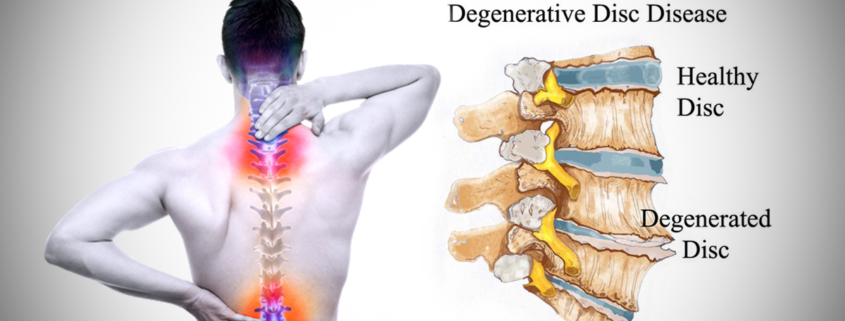Lumbar and Cervical Degeneration
Understanding and Managing Spinal Health
The spine is one of the most vital structures in the human body, providing stability, flexibility, and support for movement while protecting the spinal cord. However, like any other part of the body, it is subject to wear and tear over time. Lumbar (lower back) and cervical (neck) degeneration are common conditions associated with aging and other factors, leading to a progressive breakdown of the discs, joints, and surrounding tissues in these regions of the spine.
Spinal degeneration can impact your ability to perform everyday activities, often causing chronic pain, stiffness, and reduced mobility. But the good news is that understanding the condition, recognizing early symptoms, and seeking appropriate treatment can significantly improve your quality of life.
What Is Spinal Degeneration?
Spinal degeneration refers to the gradual deterioration of the discs, joints, and vertebrae that make up the spinal column. These structures are critical for absorbing shock, maintaining stability, and allowing flexibility in the spine. Over time, these components can wear out due to aging, repetitive strain, or lifestyle factors, resulting in pain, stiffness, and reduced mobility.
In the lumbar region, degeneration often affects the lower back, while in the cervical region, it impacts the neck. Each area presents its own set of challenges and symptoms but is rooted in the same underlying process of wear and tear.
Causes and Risk Factors
Spinal degeneration does not happen overnight—it develops gradually due to various factors. Here are the primary causes and risks associated with this condition:
The natural aging process is the most common cause of spinal degeneration. Over time, the discs in the spine lose hydration and elasticity, making them less effective at absorbing shock. The joints also experience wear and tear, leading to stiffness and discomfort.
Certain activities or occupations that involve repetitive bending, twisting, or heavy lifting can accelerate the degeneration of spinal components. Overuse can lead to micro-injuries that accumulate over time, weakening the spine.
- Smoking reduces blood flow to the spine, depriving it of essential nutrients needed for repair.
- Obesity places additional stress on the spine, particularly in the lumbar region.
- Poor posture, such as slouching or prolonged sitting, places uneven pressure on the spinal discs and joints.
A family history of spinal degeneration can increase your likelihood of developing the condition. Genetic predispositions often affect the speed and severity of degeneration.
Trauma to the back or neck, even from minor incidents, can weaken the spine and make it more susceptible to degeneration over time.
Symptoms of Spinal Degeneration
Recognizing the symptoms of spinal degeneration early is crucial for effective management. Common signs include:
- Pain: Persistent or intermittent pain in the lower back or neck, often exacerbated by movement or prolonged sitting.
- Stiffness: Difficulty bending, twisting, or turning due to reduced spinal flexibility.
- Tingling or numbness: Sensations radiating to the arms or legs, caused by nerve compression.
- Weakness: Reduced strength in the limbs, making it difficult to perform everyday tasks like lifting or walking.
- Loss of coordination: In severe cases, nerve involvement can affect balance and coordination.
If these symptoms interfere with your daily life, seeking professional evaluation is essential.

Treatment Options: Managing Spinal Degeneration Without Surgery
The majority of spinal degeneration cases can be managed through non-surgical methods. These treatments aim to alleviate symptoms, improve mobility, and slow the progression of degeneration.
- Conservative Treatments
- Physiotherapy: Targeted exercises strengthen the muscles around the spine, providing support and reducing the strain on degenerating discs and joints.
- Anti-inflammatory medications: Over-the-counter or prescribed NSAIDs can help manage pain and reduce swelling in the affected area.
- Heat and cold therapy: Alternating heat and cold packs can alleviate muscle tension, improve circulation, and reduce inflammation.
- Lifestyle Modifications
- Exercise and stretching: Low-impact activities such as swimming, yoga, and walking can enhance flexibility and core strength.
- Ergonomic adjustments: Creating a supportive work and living environment with proper seating, standing desks, and alignment-friendly tools can ease spinal strain.
- Weight management: Maintaining a healthy weight reduces the load on the spine, especially in the lumbar region.
- Alternative Therapies
- Chiropractic care: Adjustments and spinal manipulations can help align the spine and alleviate discomfort.
- Acupuncture: Stimulating specific points in the body may help reduce pain and improve function.
Treatment Options: Managing Spinal Degeneration Without Surgery
While most cases of spinal degeneration can be managed conservatively, surgery may become necessary when:
- Pain is severe and unrelieved by non-surgical treatments.
- Nerve compression causes debilitating symptoms like numbness, weakness, or loss of bowel or bladder control.
- Structural instability in the spine threatens overall function.
Surgical options include:
- Spinal fusion: Permanently connects two or more vertebrae to stabilize the spine and relieve pain.
- Minimally invasive decompression: Removes bone spurs, herniated discs, or other obstructions to alleviate nerve pressure.
Dr. Maxime specializes in advanced, minimally invasive surgical techniques that offer faster recovery times and optimal outcomes.
FAQs About Spinal Degeneration
While it cannot be entirely prevented, adopting a healthy lifestyle with regular exercise, weight management, and ergonomic habits can slow its progression.
Pain, stiffness, and tingling in the lower back or neck are common early indicators. Consulting a specialist at the first sign of these symptoms is crucial.
Most cases can be effectively managed without surgery. Surgical intervention is typically reserved for severe or unresponsive conditions.
Take the First Step Toward Better Spine Health
Spinal degeneration doesn’t have to control your life. With the right care and treatment plan, you can manage your symptoms, regain mobility, and improve your quality of life. Dr. Maxime and his team are dedicated to providing personalized care, from conservative management to advanced surgical solutions.
Ready to take charge of your spine health? Book an appointment today with Dr. Maxime for a comprehensive consultation and tailored treatment plan.

